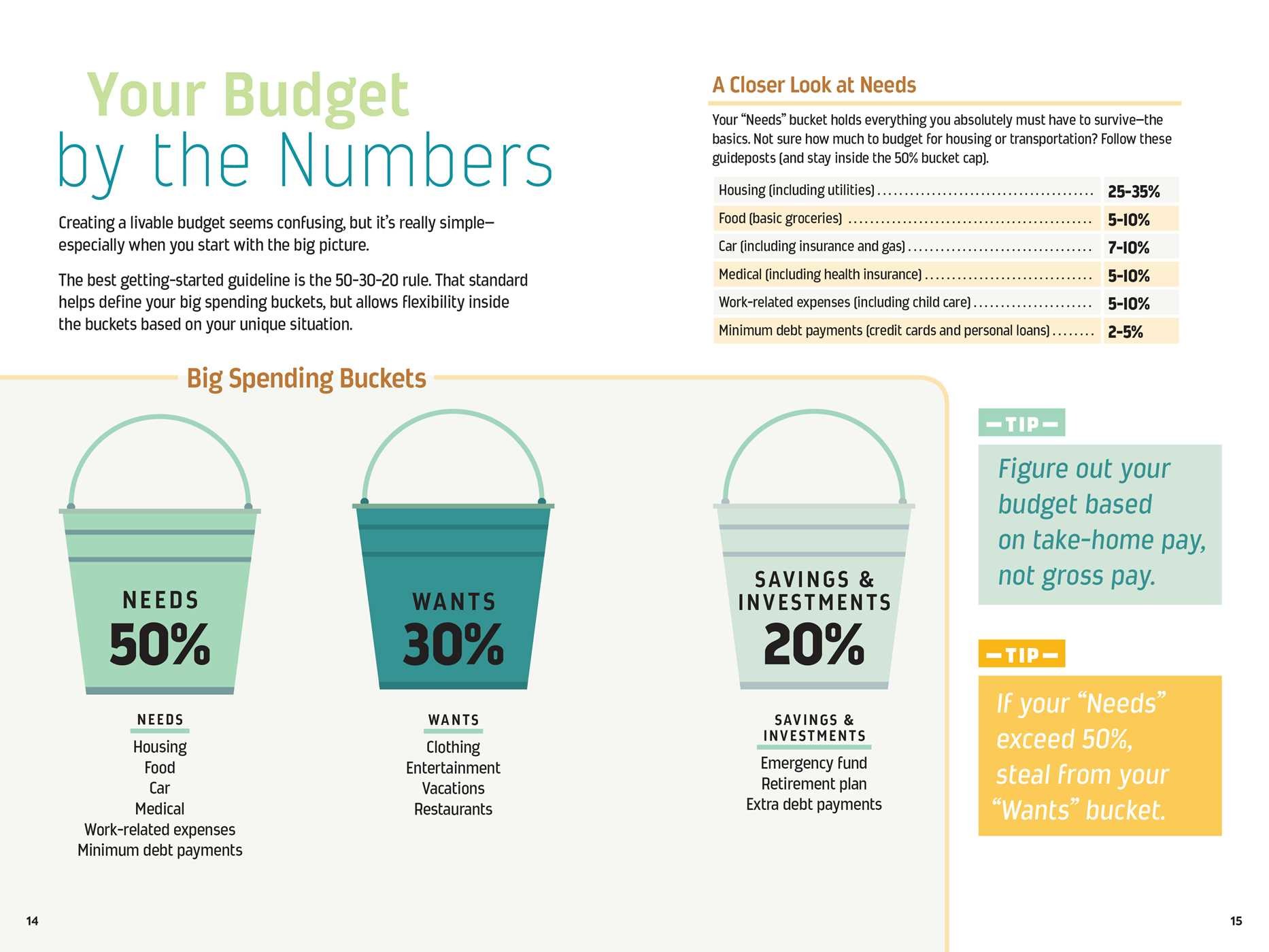Uncover The Concealed Prices And Consequences Of Back-Pedaling A Performance Bond, And Find Out Why It's Critical To Prevent This Expensive Error
Uncover The Concealed Prices And Consequences Of Back-Pedaling A Performance Bond, And Find Out Why It's Critical To Prevent This Expensive Error
Blog Article
Post Created By-
When a surety concerns an efficiency bond, it assures that the principal (the event that purchases the bond) will certainly fulfill their responsibilities under the bond's terms. If auto bond insurance fails to fulfill these commitments and defaults on the bond, the surety is accountable for covering any type of losses or problems that result.
1. Loss of track record: Defaulting on a performance bond can damage the principal's credibility and integrity, making it tougher to safeguard future company or financing.
2. Legal and administrative prices: The surety might need to pay lawful and management prices connected with pursuing the principal for damages or trying to fix the scenario.
3. Financial losses: The guaranty may need to cover the price of finishing the job or supplying the services that the principal failed to supply. This can result in considerable economic losses for the guaranty.
4. Enhanced costs: If the principal has a history of defaulting on performance bonds, they might be called for to pay higher premiums in the future to get the essential bonding.
On the whole, defaulting on a performance bond can have major economic consequences for both the principal and the guaranty. It is very important for principals to thoroughly consider their commitments and guarantee they are able to fulfill the terms of the bond to avoid these unfavorable results.
Back-pedaling a performance bond can be an expensive error for organizations. When professional surety bond fall short to meet the bond's commitments, the financial effects can be considerable. From paying the complete bond amount to prospective legal battles and harmed relationships, the consequences can resound throughout your company procedures. Comprehending the detailed internet of monetary effects that back-pedaling a performance bond can have is vital for protecting your business's monetary health and track record.
Financial Penalties for Defaulting
If you default on an efficiency bond, you'll likely deal with considerable punitive damages. These charges can differ depending upon the regards to the bond contract but frequently include paying the bond amount in full to the obligee. This indicates that if you fail to meet your legal responsibilities, you must pay the bond amount to the task proprietor or the entity that needed the bond.
Furthermore, you might also be responsible for any kind of additional costs incurred by the obligee because of your default, such as finding a substitute service provider or covering job hold-ups.
Defaulting on a performance bond can additionally result in legal fees and court expenses if the obligee chooses to take legal action against you to recoup the bond quantity. These expenses can swiftly accumulate, more worsening the monetary impact of your default. It's important to carefully examine and understand the terms of the efficiency bond to stay clear of these severe punitive damages.
Effect On Organization Capital
Back-pedaling a performance bond can significantly affect your service capital, affecting monetary stability and operational capacities. When you default on an efficiency bond, you run the risk of losing the bond quantity, which can be a significant amount. This loss directly impacts your cash flow, as you'll require to discover alternate resources of funding to cover the bond amount. Additionally, skipping can result in enhanced analysis from guaranties, making it tougher and extra costly to safeguard bonds in the future. This can even more stress your cash flow as you may need to allot added resources to satisfy bonding needs.
The influence on your capital doesn't quit there. Back-pedaling a performance bond can likewise result in project delays or cancellations, resulting in a loss of earnings. In addition, the adverse reputation that comes with defaulting can deter possible clients, further minimizing your cash flow. Overall, defaulting on an efficiency bond can have harmful results on your company's monetary health and wellness and ability to run efficiently.
Legal Ramifications and Lawsuits
Facing legal ramifications and prospective lawsuits due to defaulting on a performance bond can substantially affect your organization's credibility and financial standing. When you back-pedal a performance bond, the surety company may take lawsuit to recuperate the bond amount paid. This could cause pricey lawful costs, court expenditures, and prospective settlements or judgments against your business.
In addition, defaulting on a performance bond may lead to damaged partnerships with clients, subcontractors, and suppliers, influencing your capacity to secure future contracts. Legal actions arising from bond defaults can tarnish your organization's integrity in the sector, making it testing to attract new companions or consumers.
Furthermore, if the default results in a court judgment versus your organization, it could lead to property seizure or liens, even more stressing your monetary security. Therefore, it's vital to recognize the legal implications of defaulting on an efficiency bond and take aggressive actions to minimize the risks involved.
Verdict
As you face the effects of defaulting on an efficiency bond, remember this: it resembles strolling a tightrope without a safeguard. One incorrect action can send you plummeting right into a monetary freefall, with no way to stop the fall.
The financial penalties, capital impact, and lawful ramifications are all waiting to capture you if you blunder. So tread meticulously, and always honor your commitments to avoid the rough repercussions of default.
